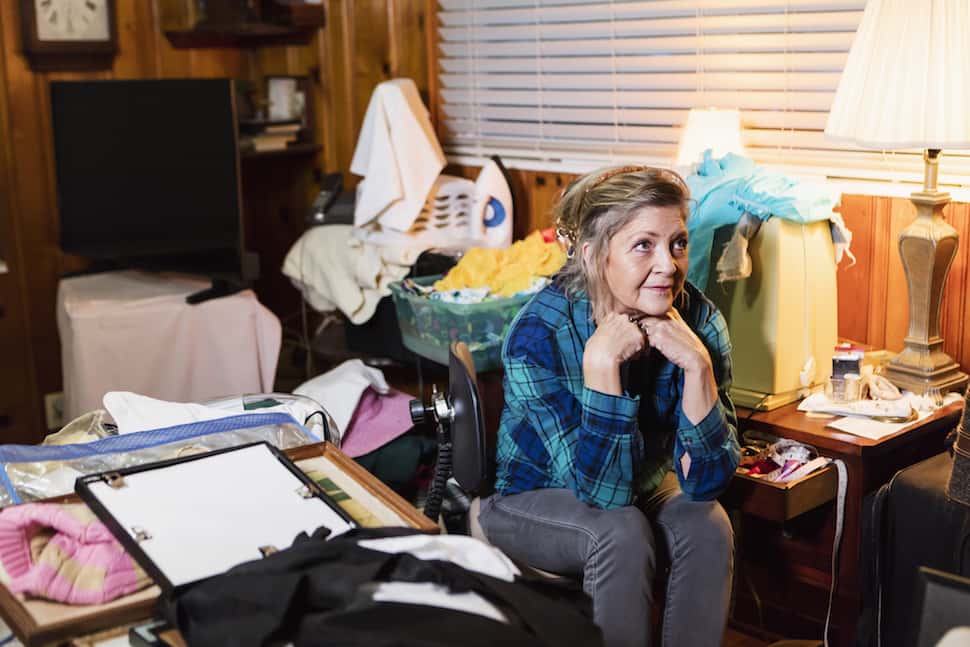

Medical researchers have yet to develop a recommended diagnosis or treatment plan for Diogenes syndrome. Alternatively, conflict with neighbors over odors, pests, or dilapidated surroundings will sometimes result in the involvement of police or other civic authorities, who can encourage medical engagement, especially if a public hazard is present (e.g., the threat of fire based on hoarding newspapers and other combustibles). How Is Diogenes Syndrome Diagnosed?īecause many Diogenes sufferers live isolated lives, a family member is often required to bring their situation to the attention of medical personnel. Addictive behaviors are common among persons with Diogenes syndrome, presumably as a coping mechanism for depression, loneliness, and social isolation. The latter is a particularly important factor. Damage to the frontal lobe, the decision-making center of the brain.A tendency toward introversion and social withdrawal.Living alone, due to divorce, abandonment, or death of a loved one.The following risk factors appear to apply: A temporary decline in self-care during a period of mourning seems to be extended indefinitely in a Diogenes state. There is some suggestion that Diogenes develops in response to stressful or traumatic events, such as the loss of a longtime spouse or partner. Most of what is known results from individual case studies where certain patterns of behavior have become evident.

Scientists are currently researching the cause or causes of Diogenes syndrome. Because many of the individuals suffering from it live alone, it often goes undetected until after the symptoms are full-blown.

Diagnoses are split about evenly between these two forms.ĭiogenes symptoms often develop gradually over time. Secondary Diogenes manifests in conjunction with one or more mental-health conditions and may be either a cause or an effect of those conditions. Primary Diogenes refers to individuals displaying symptoms with no further evidence of a mental-health condition. There are two forms of Diogenes: primary and secondary. Adamant refusal of offers for assistance or medical care.Unawareness of and a lack of shame regarding current living conditions.



 0 kommentar(er)
0 kommentar(er)
